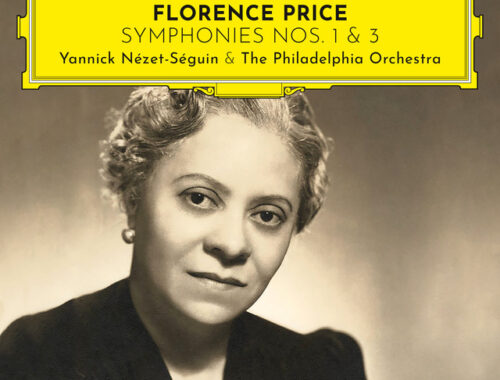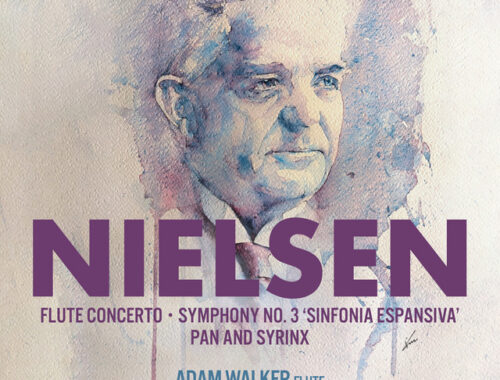WEDNESDAY 21ST JULY 2010 PROM 6: BBC SO/ LEWIS/ BELOHLAVEK
Royal Albert Hall
The big occasion often brings out the best in the truly gifted and with so much riding on his much-anticipated Proms cycle of the Beethoven Piano Concertos – the first ever by a single artist – I can honestly say that I have never heard Paul Lewis play better. Prefaced by two heroic Beethoven overtures – a slightly accident prone Egmont and a nippy Creatures of Prometheus – the evolution of the composer from the Mozart inflected elegance of the First Concerto to the romantic mysticism of the Fourth could hardly have been more absorbingly chronicled.
One of the trickiest things to achieve in this music – and one which found Lewis and Belohlavek acting like a mirror image of each other – is the sometimes delicate balance between Beethoven the classicist and Beethoven the visionary. It is so easy – and Lewis always resisted the temptation – to open up too much space in those moments, sometimes fleeting, where romantic curiosity turns to full-blown rapture. The passage in the first movement development where ethereal cascades in the keyboard signal a romantic in the making found Lewis creating his own atmosphere in tempo and through touch alone. The weighing and testing of all such passages precluded any tendency to linger or indulge the moment at the expense of the bigger picture. And yet he infused a sense of great mystery into all these flights of fancy. The first movement cadenza encompassed a huge expressive range and even humour with the last three connecting chords into the recap achieving a devilish moment or two of suspense.
Shape and an unerring sense of proportion kept everything about both these performances on track. Lewis was refreshingly direct, keenly articulate, at all times. And the beautiful central Largo of the First – far removed from everything around it in searching A-flat – felt truly integral not just to this piece but to Beethoven’s continuing evolution as a whole.
Lewis’s intense alliance with the solo clarinet in this movement also confirmed him and Belohlavek as great listeners. And so it was again in the Fourth Concerto where the relationship with the orchestra is even more extraordinary – not least, of course, in the other worldly dialogue between reflective keyboard and stern unison strings in the central Andante con moto. If the relationship with the other orchestras and conductors in the remaining concertos is half as subtle and as accomplished then this cycle could put Lewis into a different orbit on the world’s stages.
You May Also Like

GRAMOPHONE Review: Price Symphonies Nos. 1 & 3 – The Philadelphia Orchestra/Nézet-Séguin
20/12/2021
Edward Seckerson talks to RENÉE FLEMING about The Light in the Piazza
13/06/2019